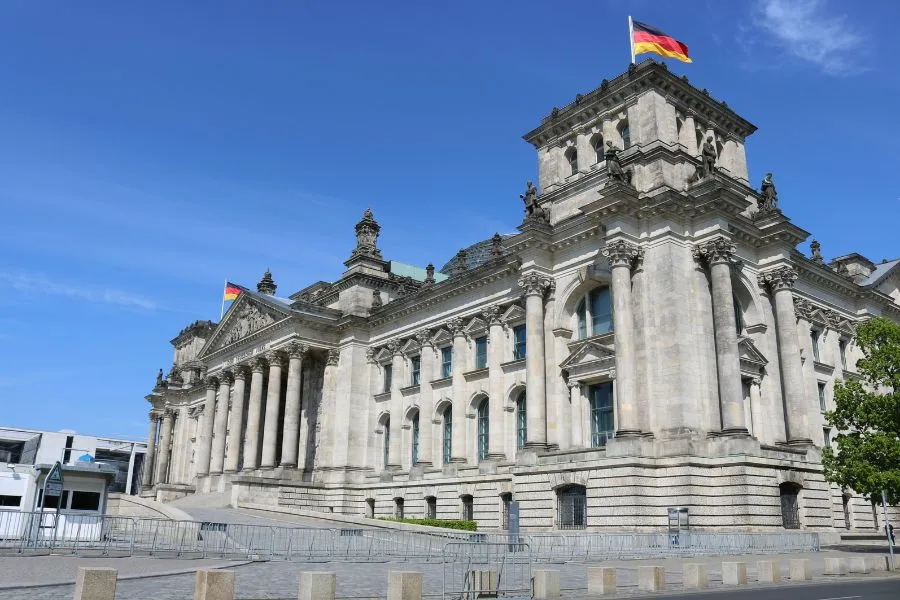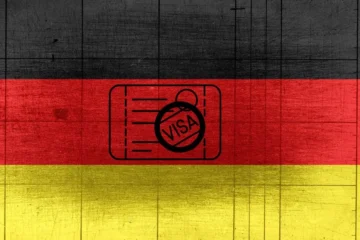Thinking about settling down in Germany for the long haul? The path to Permanent Residency (PR) is more accessible than you might think — and no, you don’t always need a lawyer. In 2025, many expats are successfully securing their PR status on their own, without spending thousands on legal fees. But is the DIY route right for everyone? Let’s unpack what it takes to get PR in Germany without a lawyer, and when hiring a consultant might be worth the cost.
Key Takeaways
What Is Permanent Residency in Germany?
Germany’s Permanent Residency — officially known as a Niederlassungserlaubnis — is a long-term residence permit that allows you to live and work in Germany indefinitely. Unlike temporary residence permits, a PR gives you more security, fewer restrictions, and the ability to change employers freely. For many, it’s also the final step before applying for German citizenship.
PR in Germany can be granted under various categories, including skilled workers, graduates from German universities, self-employed individuals, and even Blue Card holders. The specific requirements and timelines vary, but most people become eligible after 33 months, or 21 months if you speak German at a B1 level and hold a Blue Card.
Is a Lawyer Legally Required to Apply?
No — and this is important. You are not legally required to hire a lawyer or consultant to apply for PR in Germany. The Federal Office for Migration and Refugees (BAMF) and local Ausländerbehörde (foreigners’ offices) handle the process, and they are equipped to deal directly with applicants.
The application forms, requirements, and guidelines are publicly available, and in most cases, the staff at your local immigration office can answer questions or clarify documents, sometimes even in English.
Also Read: What Is Germany’s Opportunity Card and How Can You Apply?
That said, German bureaucracy is famously rigid, and if you’re not fluent in the language or your case is unusual, you might still consider getting outside help.
What Does the PR Application Process Involve?
Applying for permanent residency in Germany requires more than just ticking a few boxes. You’ll typically need to show that you:
- Have lived in Germany for a set minimum period (often 33 months, or less with a Blue Card)
- Hold a valid residence permit and have maintained it continuously
- Have a stable job and regular income
- Make contributions to the German pension system
- Have adequate living space
- Speak German at an acceptable level (usually A2 or B1)
- Have no criminal record
You’ll need to submit documents like your employment contract, salary slips, proof of health insurance, tax records, rental agreement, and a certificate of German language proficiency. It’s paperwork-heavy, but not necessarily complex — if your situation is straightforward.
Can You Do It Yourself Without Help?
Absolutely — many applicants successfully apply for German PR without any legal assistance. If your paperwork is in order, your job is stable, and you’ve met all the requirements, there’s no reason you can’t handle it on your own.

Germany’s immigration offices have become more accessible in recent years. Many cities now offer English-language support and clearer instructions on official websites. In cities like Berlin, Munich, or Hamburg, applicants often book appointments online and upload documents digitally. If you’re organized, detail-oriented, and patient, DIY is not only doable — it’s smart and cost-effective.
Immigration Consultant vs. DIY: What’s the Difference?
Hiring an immigration consultant or lawyer doesn’t change the requirements — it just changes how you get through them. A good consultant will:
- Review your documents for accuracy and completeness
- Spot potential red flags in advance
- Guide you through interviews or appointments
- Communicate with authorities on your behalf
Also Read: How Can You Successfully Apply for a German Schengen Visa in 2025?
This can be helpful if you have an unusual employment history, are self-employed, have held a visa multiple times, or face language barriers. But be cautious — many consultants charge high fees for things you can easily do yourself with a bit of research.
How Much Do Lawyers and Consultants Charge for PR Help?
In 2025, immigration lawyers in Germany typically charge between €800 to €2,000 for full PR assistance. For more complicated cases, or if legal arguments are required, the fee can go higher. Immigration consultants may charge slightly less — around €500 to €1,200 — but the quality and expertise can vary.
Most lawyers offer fixed-rate packages for PR applications, which include document reviews, appointment prep, and follow-up correspondence. If your case is smooth, the value may not justify the price. But if you’re unsure about eligibility, or if your visa history is messy, it might be a good investment.
When Should You Consider Hiring a Lawyer?
While most applicants don’t need legal help, there are some scenarios where it’s smart to get one involved. These include:
- You’re self-employed or run a business
- You’ve had a previous visa rejection or status issue
- You’ve switched residence permits frequently
- You’re applying from abroad or planning to relocate soon
- You’re unsure how your pension contributions or work history apply
In such cases, a lawyer can prevent mistakes that might cost you months or lead to rejection, and they’ll often know how to navigate tricky bureaucratic hurdles faster than you can on your own.
Final Thoughts
So, can you get PR in Germany without a lawyer in 2025? In most cases, yes — and if you’re well-prepared, it’s not only possible, it’s practical. Germany’s PR process is rule-based, document-driven, and designed to be accessible to ordinary people, not just legal experts.
But if your situation is unique or your German isn’t up to speed, investing in expert help might save you stress in the long run. Either way, the path to permanent residency in Germany is open, with or without a lawyer.





